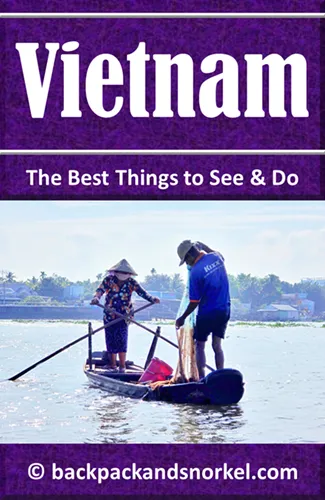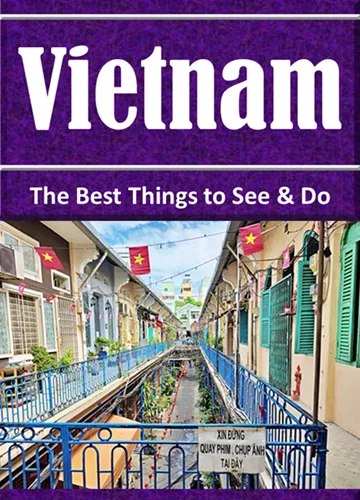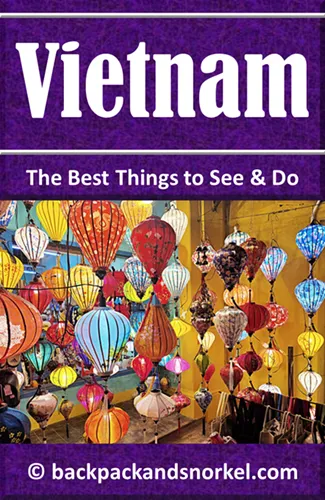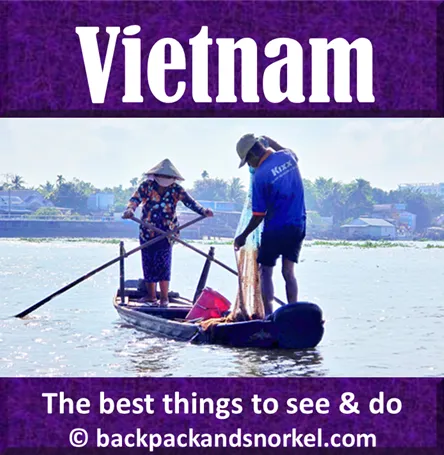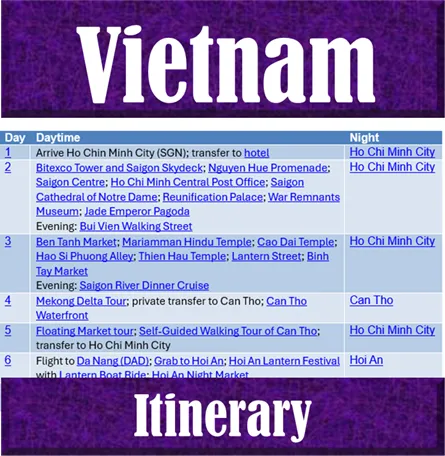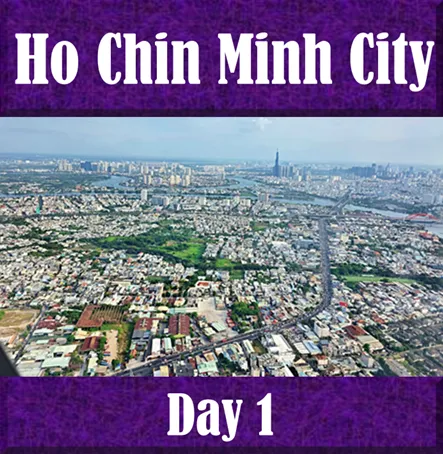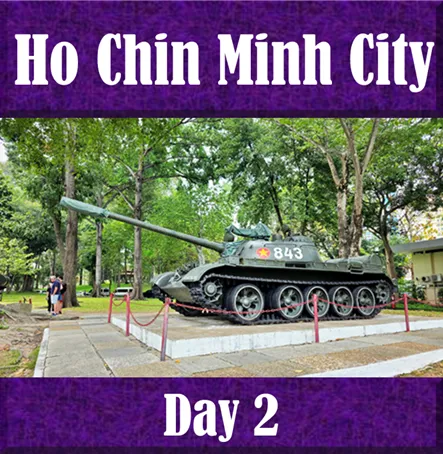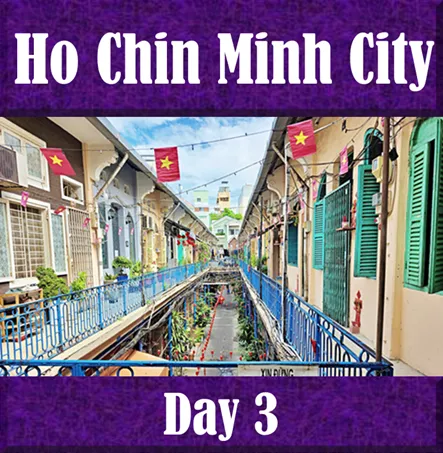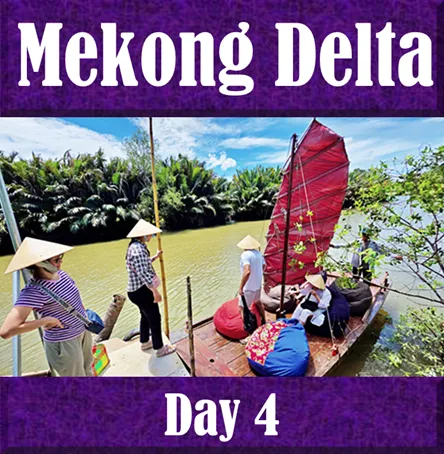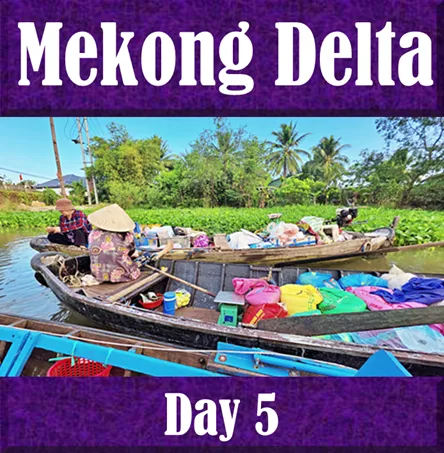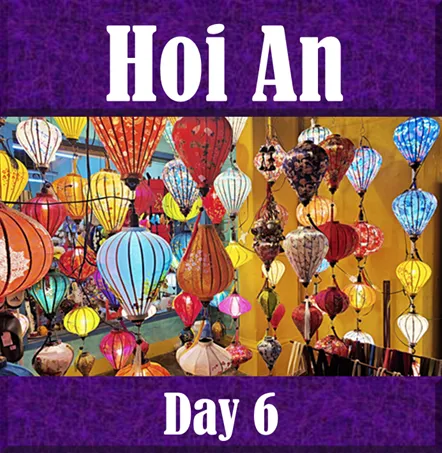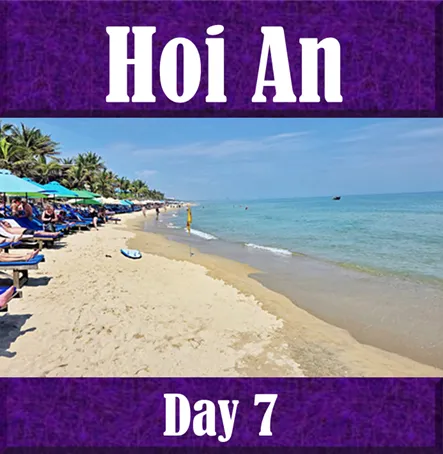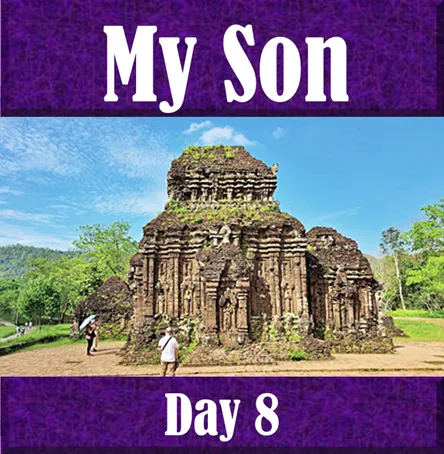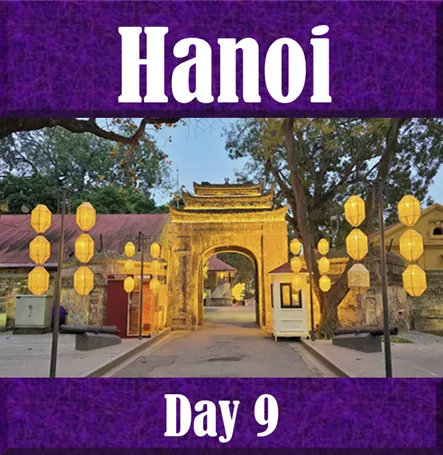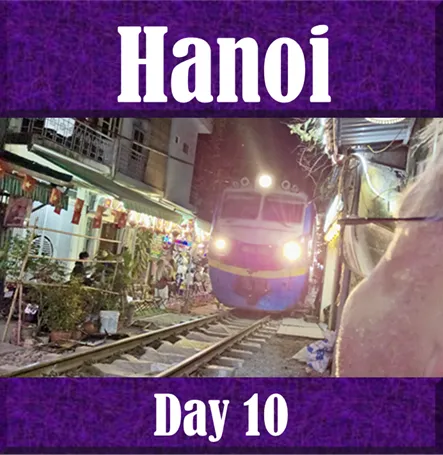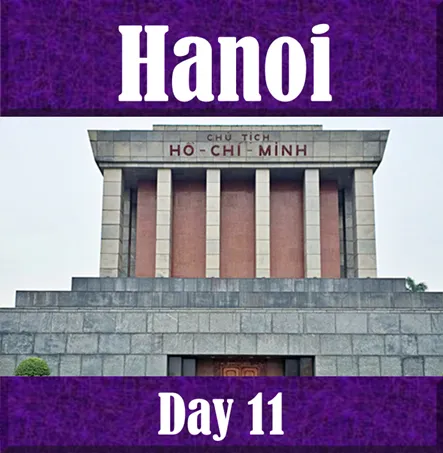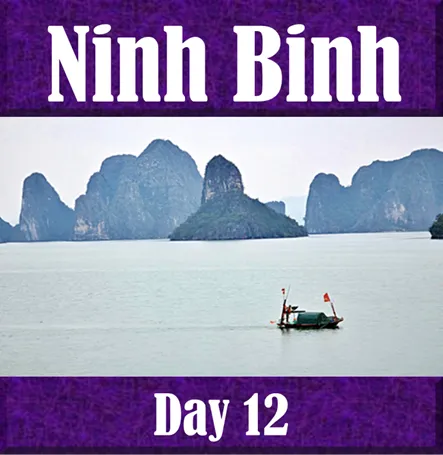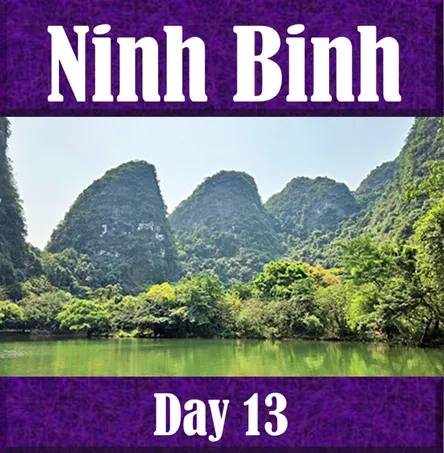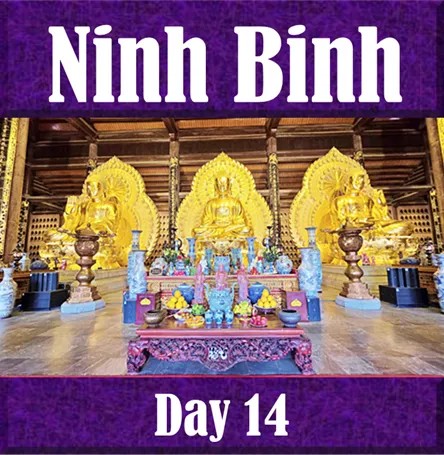War Remnants Museum: A Guide to the Vietnam War’s Aftermath | Vietnam Purple Travel Guide
(map, reviews, website, museum_map)
This is Premium Content! To access it, please download our
Backpack and Snorkel Purple Travel GuideThe War Remnants Museum in Ho Chi Minh City is one of Vietnam’s most visited and emotionally impactful tourist attractions. Located in District 3, just a short walk from the Reunification Palace, this museum offers a sobering and unflinching look at the Vietnam War (known in Vietnam as the American War) and the lasting consequences of conflict on the Vietnamese people.
Alert: This is a powerful museum which presents the Vietnamese perspective of the war. We absolutely recommend that you visit it.
With more than half a million visitors annually, the War Remnants Museum is a must-visit site for history enthusiasts, educators, students, and anyone seeking to understand the human cost of war. Its combination of historical artifacts, photographs, and first-person accounts creates a visceral experience that lingers long after your visit.
A Museum Rooted in Truth and Testimony
The museum originally opened on September 4, 1975, just months after the fall of Saigon and the official reunification of North and South Vietnam. It was first called the ‘Exhibition House for US and Puppet Crimes’, reflecting the post-war government’s desire to document and denounce war atrocities committed by the United States and its allies, especially the Republic of Vietnam (South Vietnam).
In 1990, the name changed to the ‘Museum of American War Crimes’, and again in 1995, following the normalization of diplomatic relations between Vietnam and the United States, it was renamed the War Remnants Museum, a more neutral title intended to foster international understanding and reconciliation.
Despite the shift in tone over the years, the museum retains its central mission: to highlight the devastating impact of the war on Vietnamese civilians, to document war crimes, and to promote peace through remembrance.
What to See at the War Remnants Museum
The museum is divided into several themed galleries and outdoor exhibition areas. Key highlights include:
Ground Floor – Historical Context: Start your visit with an overview of the Vietnamese struggle for independence, from French colonialism through to U.S. involvement. Maps, statistics, and timelines help visitors understand the geopolitical background that led to the war.
Second and Third Floors – Photojournalism and Testimony: The upper floors house some of the most powerful and difficult exhibits. The ‘Requiem’ photography collection, curated by legendary photojournalist Tim Page, features images taken by international journalists, many of whom died in action. These photographs capture the raw emotions of the war in ways that words cannot.
Other galleries focus on:
The effects of Agent Orange and chemical defoliants, including photos of victims and long-term genetic damage.
War crimes and civilian suffering, including the My Lai Massacre and indiscriminate bombings.
The Tiger Cage exhibit, a harrowing reconstruction of prison cells used to detain and torture political prisoners in South Vietnam.
Note: Some exhibits are graphic and emotionally intense. Visitor discretion is advised, especially for children.
Outdoor Military Equipment Display
Outside the museum, visitors can view a striking display of captured or abandoned U.S. military equipment, including:
F-5A fighter jet
Huey UH-1 helicopter
M48 Patton tank
Chinook transport helicopter
105mm howitzer
Cluster bombs, artillery shells, and a variety of munitions
There is also a mock-up of the ‘Tiger Cages’ and concrete prison cells, giving insight into the conditions endured by detainees.
Educational and Cultural Value
While the museum presents the war from the Vietnamese perspective, it emphasizes peace, reconciliation, and the importance of remembering history to prevent future tragedies. Quotes from anti-war activists, journalists, and veterans, including Americans, underscore the human universality of suffering and the shared desire for peace.
The War Remnants Museum plays a vital role in educating both locals and foreigners, especially younger generations who did not live through the war years.
Visitor Information
Opening Hours: 7:30 AM – 5:30 PM daily (including holidays)
Admission Fee: 40,000 VND per adult
Photography: Allowed, but respectful behavior is strongly encouraged
The museum is air-conditioned, and exhibits are labeled in Vietnamese, English, and sometimes French, making it accessible to most international visitors.
Here are some photos that we took:
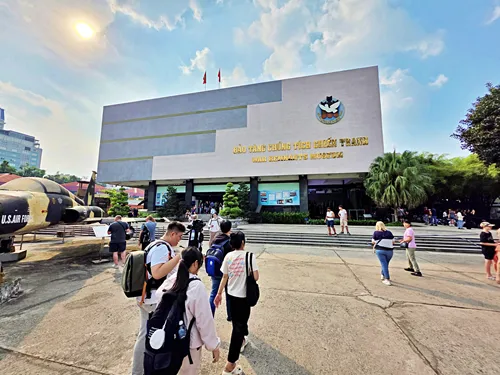
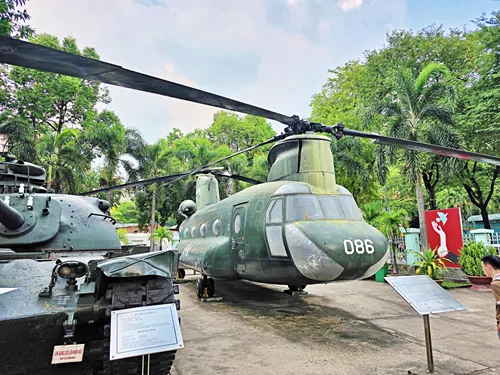
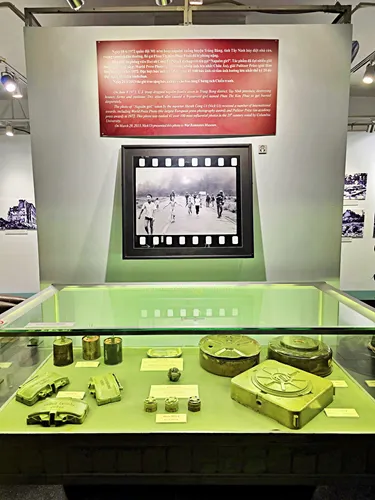
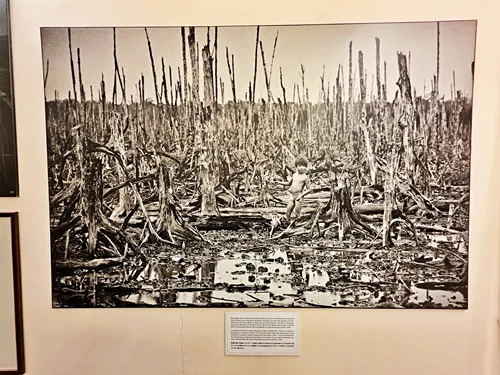
Here at Backpack and Snorkel Travel Guides, we promote self-guided walking tours.
But we realize that not everybody likes to walk by themselves in a foreign city. So, just in case that you rather go with ab guide: NO PROBLEM! Please see the GuruWalk and Viator tours below.
free GuruWalk tours
paid Viator tours
Where do you want to go now?
Author: Rudy at Backpack and Snorkel
Bio: Owner of Backpack and Snorkel Travel Guides. We create in-depth guides to help you plan unforgettable vacations around the world.
Other popular Purple Travel Guides you may be interested in:
Like this Backpack and Snorkel Purple Travel Guide? Pin these for later:
